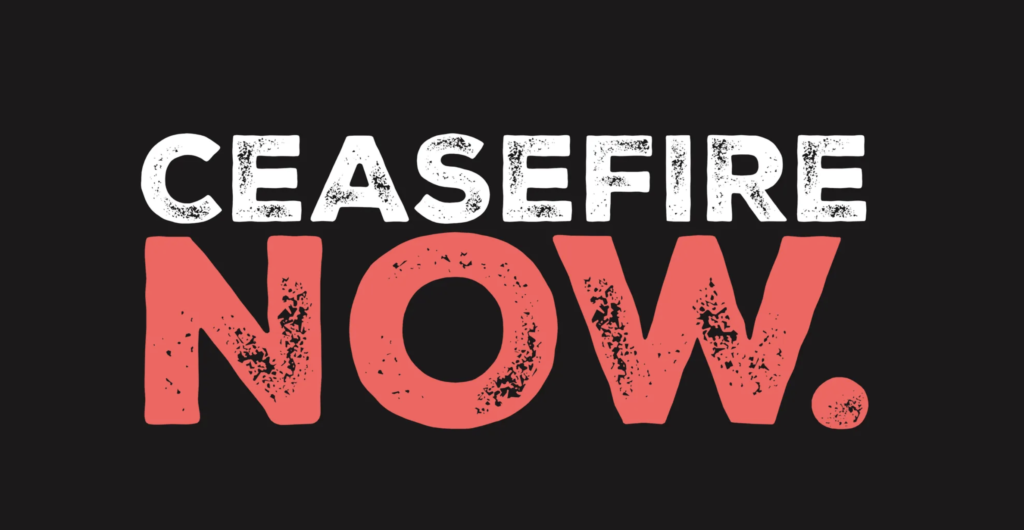The US Obsession with Ceasefire Terms in Gaza Camouflages the Roots of Injustice to Palestinians

By: Ghassan Rubeiz / Arab America Contributing Writer
For two months now, the White House has been announcing that a ceasefire in Gaza is just around the corner. By all indications, it is not. Israel’s Prime Minister Netanyahu still insists on retaining a military presence in central Gaza and on its southern border with Egypt. Nor does he hide his wish to continue the war and expand it to Lebanon and even Iran, presumably dragging the United States into the conflict as well.
Netanyahu has resisted the pressure of the US administration to stop the war. In his political dueling with President Biden, Netanyahu has so far had the upper hand. He takes for granted the financial support and diplomatic cover he receives from the US Congress and the Biden administration. The White House continues to blame the stall in negotiations on misguided leadership and an absence of “political will”, implying that the US has been an objective and independent agent of peace and stability. But history will show that the US has never been more complicit in maintaining the Israeli occupation of Palestinian land than over the past year.
Meanwhile, Hamas is raising the stakes as it monitors developments inside and outside Gaza. It is watching mounting domestic pressure on Netanyahu. It is also observing the IDF in the process of turning the West Bank into a second Gaza. Watching Israel’s escalation of violence, Hamas recently asked for a change in the selection of Palestinian prisoners to be released as a condition for a ceasefire. (Israel has incarcerated some 10,000 Palestinians in the West Bank since October.) Hamas knows the ceasefire negotiation deadlock is strengthening its hand, by reinforcing the notion that Israel is a ruthless agent of ethnic cleansing.
Netanyahu knows his career will likely end if a ceasefire is signed, and a deal may be impossible while he clings to power. A segment of Israeli society continues to support him, and any attempt at dialog short of “total victory” is stymied by two extreme-right ministers (Bezalel Smotrich and Itamar Ben-Gvir) who periodically threaten to resign and cause his ruling coalition to collapse.
Still, a majority of the Israeli electorate blames Netanyahu for creating the conditions for Hamas’ attack on October 7th, and prolonging the war at the expense of hostages’ lives. Over the weekend, some 750,000 protestors called on him to sign the ceasefire endorsed by the White House. Meanwhile, the cost of munitions, not to mention the damage to the labor market and the tourism industry, are taking their toll on the Israeli economy. Few Israelis want to face another October while the hostages remain in captivity. If public pressure continues to build, a ceasefire might just be signed before the war’s first anniversary.
To repeat, Israel’s occupation is the underlying source of the conflict. A ceasefire is the first step on the road to justice.
Ghassan Rubeiz is the former Middle East Secretary of the World Council of Churches. Earlier he taught psychology and social work in his country of birth, Lebanon, and later in the United States, where he currently lives. For the past twenty years, he has contributed to political commentary and delivered occasional public talks on subjects related to peace, justice, and interfaith. You can reach him at rubeizg@gmail.com
The views and opinions expressed in this article are those of the author and do not necessarily reflect the position of Arab America. The reproduction of this article is permissible with proper credit to Arab America and the author.
Check out our Blog here!








